






















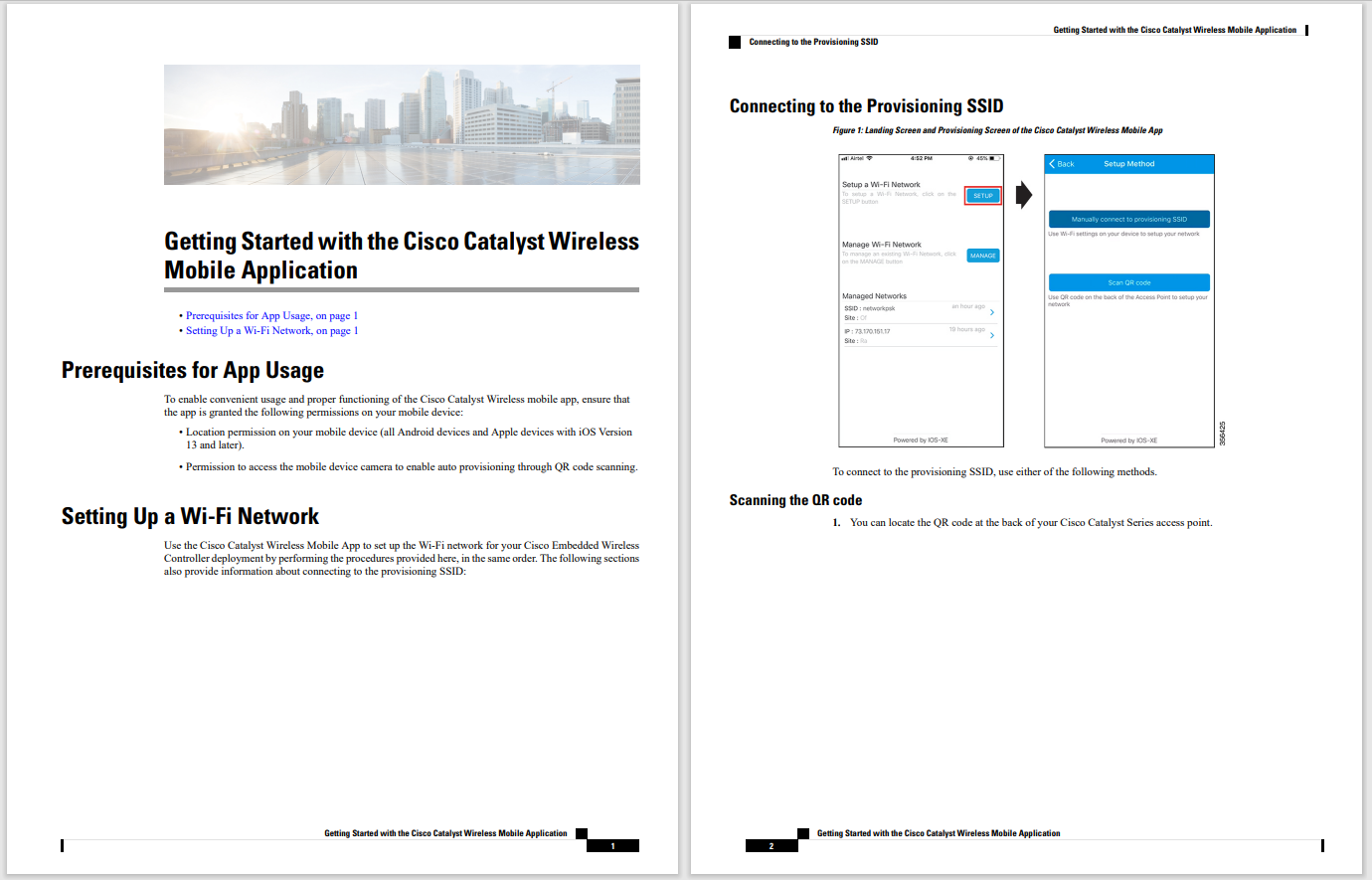

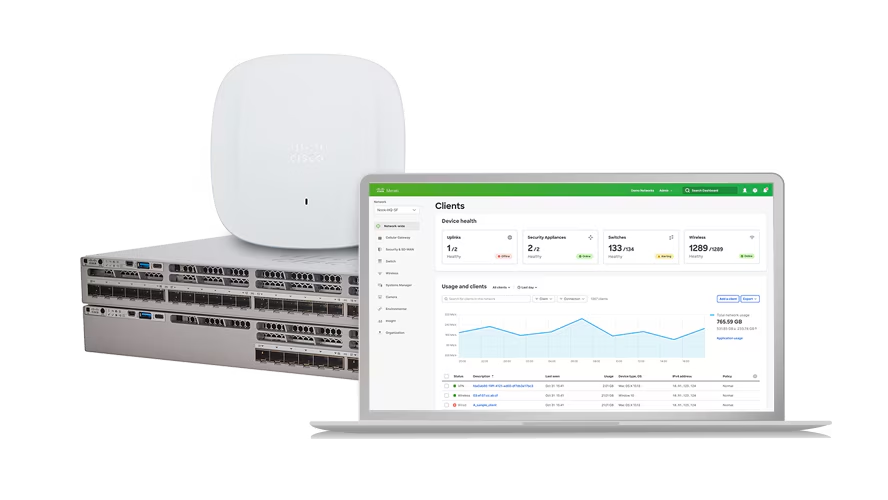

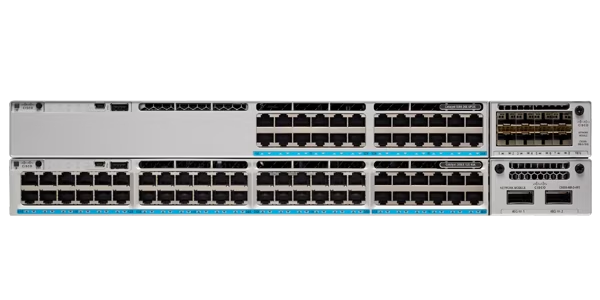
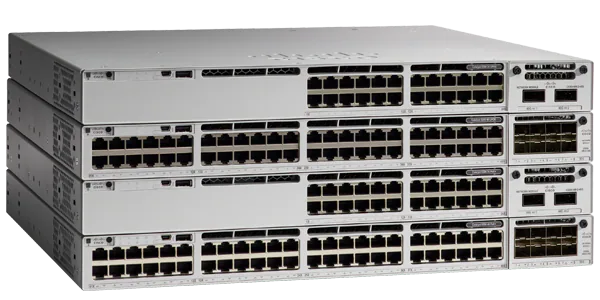



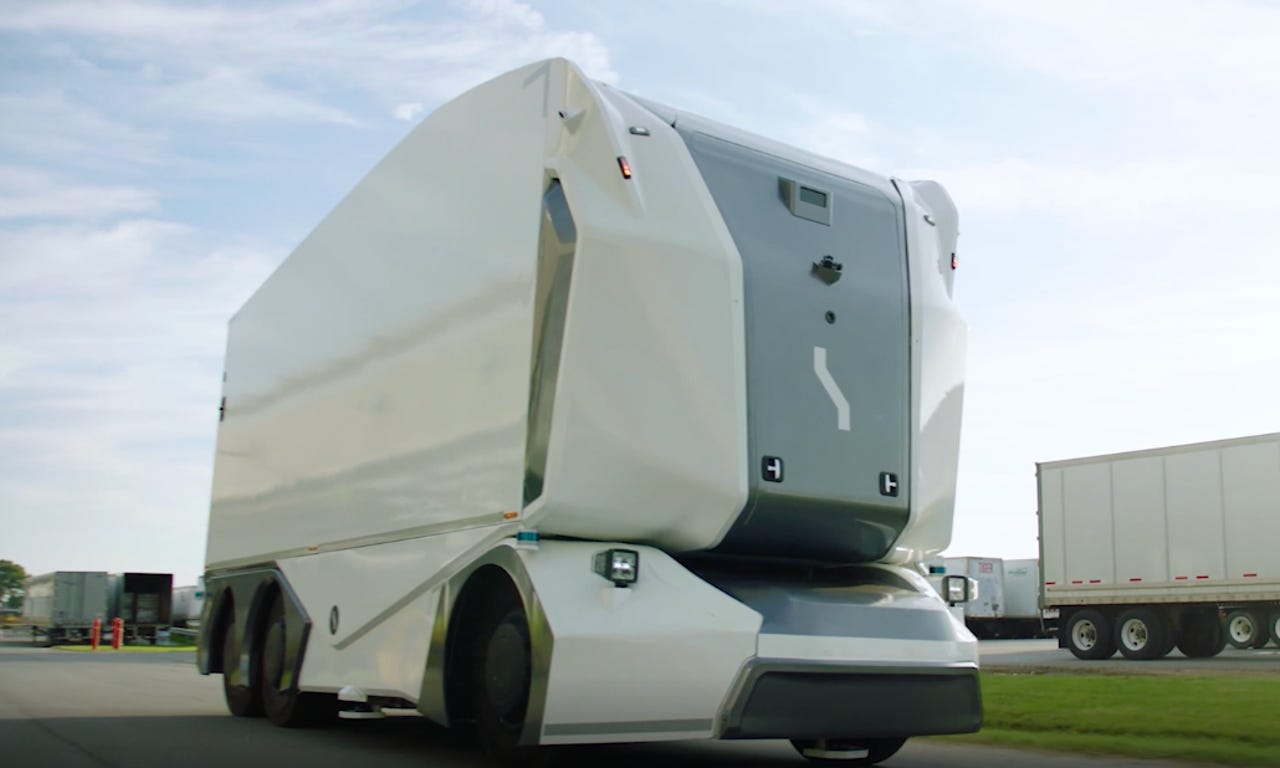 Einride
Einride Transportation is about to get a technology-driven reboot. The details are still taking shape, but future transport systems will certainly be connected, data-driven and highly automated.
Read nowGE Appliances and Swedish freight technology company Einride announced the debut of what they say is the first autonomous and electric truck to operate on US soil this week.
Einride has been operating internationally since 2019 but will bring its autonomous Pods to the US for the first time on GE Appliances' 750-acre Appliance Park campus in Louisville, Kentucky.
Einride is also providing GE Appliances with electric vehicles at locations in Tennessee and Georgia. The companies claimed that the partnership would save GE Appliances 970 tons of CO2 emissions within the first year.
"Sustainability and cost-efficiency is a prerequisite for implementing innovation into our business strategy," said Bill Good, vice president of manufacturing at GE Appliances.
"The partnership and technology investment with Einride is allowing us to deploy safer, more sustainable, and cost-effective solutions for the movement and transportation of material."
Einride CEO Robert Falck said the partnership is an important milestone for the freight industry in the US.
Einride and GE Appliances toldZDNetthat they got approval for the project from the National Highway Traffic Safety Administration. Engineers from both companies are working through the kinks during the pilot tests in Louisville.
The Pods are moving between buildings on the GE campus, and safety managers from both companies are watching to ensure the autonomous vehicles operate safely.
"The autonomous and electric freight transportation system is much safer than traditional road freight, as safety is an integral part of every aspect of the design, and there are numerous safety systems in place," an Einride spokesperson said.
The Pods can be remotely controlled if needed by appliance engineers working at a remote workstation on the GE campus.
When asked about fears that autonomous trucks would replace human workers, the companies said there is a "continued" shortage of labor in the transportation industry and called autonomous vehicles "one potential solution."
"Currently, there is already a significant global shortage of truck drivers. At the same time, trends like e-commerce are driving up demand for transportation services. Deploying an autonomous, electric transportation system will help close that gap," an Einride spokesperson said.
Einride claimed that surveys they commissioned found that respondents would be more interested in becoming truck drivers if they could do it remotely. The Einride survey also found that people would be more interested in the industry if they could avoid the irregular hours and long haul journeys that took them far away from home.
"As the road freight industry transitions to an intelligent and sustainable solution, there will still be ample opportunity to drive connected electric trucks," Einride said in a statement toZDNet.
"When autonomy is introduced on a broader scale, drivers will become remote operators, which will create a safer and more regular work environment, and increase the attractiveness of a profession that is facing global shortages and significant gender inequality."
 Tags quentes :
Inteligência artificial
Inovação
Tags quentes :
Inteligência artificial
Inovação